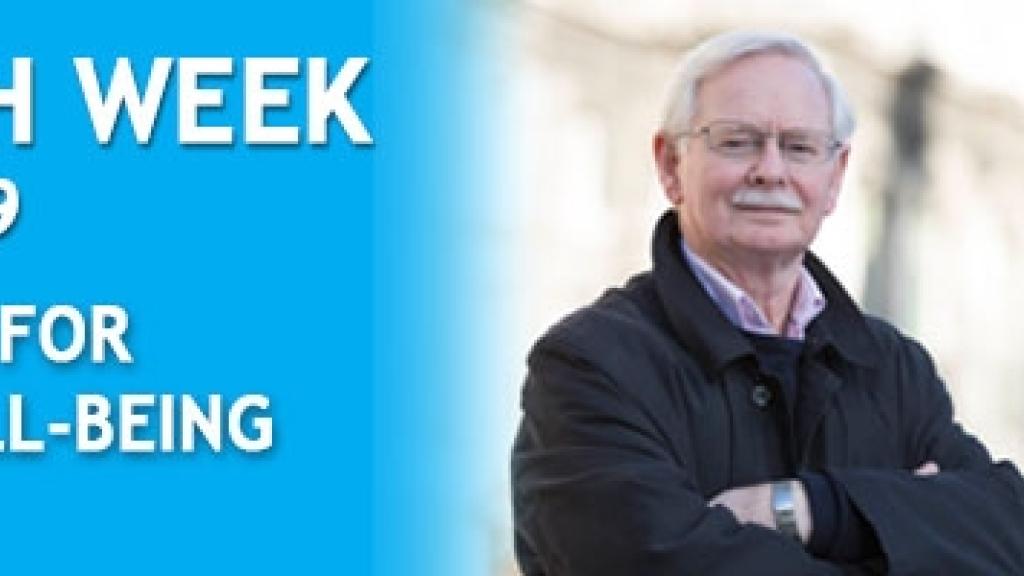
Cancer survival rates for men continue to improve
Survival rates across men’s cancers continue to improve according to the Irish Cancer Society at the launch of Men’s Health Week 2016 (Monday 13–Sunday 19 June 2016). Latest figures from the National Cancer Registry of Ireland show that five year survival rates for prostate cancer were at 90.6 per cent from 2008 to 2012, up from 68.9 per cent between 1994 to 1999. Five year survival for testicular cancer is now at 95.7 per cent up from 90.3 per cent between 1994 to 1999.
The Irish Cancer Society, the Marie Keating Foundation, Cancer Focus Northern Ireland and the Men’s Health Forum have joined forces for the week to highlight cancer incidence and survival among men. Men are urged to remain vigilant when it comes to their health and to get informed on how to reduce the risk of cancer and detect it early. The European Code Against Cancer, a 12 point code(see below), is a useful tool to help men and women reduce the risk of cancer by up to 50 per cent.
The Code emphasises the importance of avoiding tobacco, alcohol and excessive sun exposure as well as the benefits of maintaining a healthy body weight and being physically active. It is also relevant for people who have had cancer and want to reduce their risk of recurrence.
Men who maintain a normal body weight, eat a healthy diet, limit the consumption of alcoholic drinks and are moderately active for at least 30 minutes per day will have an estimated 18% lower risk of cancer compared to people whose lifestyle and body weight do not meet the recommendations. It is also advised that men who are eligible should attend for bowel screening and protect their skin from harmful UV rays as skin cancer can be prevented in 9 out of 10 cases.
Kevin O’Hagan, Cancer Prevention Manager at the Irish Cancer Society said: “Men’s Health Week offers men an opportunity to take a moment to consider their lifestyle. It’s a good time to make changes which will have a positive impact on your health. We now know that there are things men can do to reduce their risk of cancer. By following the European Code Against Cancer, the risk of cancer can be reduced by up to 50 per cent.
We also know that you are more likely to survive cancer if you spot it at an early stage. Wewant to see survival rates increase even further in the coming years as we move towards a future without cancer.The message for older and younger men alike is get informed about the risk factors of cancer and what you can do to protect your health. Know your body, look out for any unusual changes and take action. Talk to your doctor or contact the Cancer Nurseline on Freefone 1800 200 700 to speak in confidence to a cancer nurse. It could save your life.”
The Irish Cancer Society and the National Adult Literacy Agency (NALA) has recently commissioned research to identify the barriers preventing men accessing and understanding information about cancer and reducing their cancer risk. The Society and NALA have awarded a research grant to Dr Frances Drummond, who is based at the Department of Epidemiology and Public Health in University College Cork, to explore health literacy issues around men and cancer. In particular, the research hopes to identify barriers that may prevent men over the age of 40 from lower socioeconomic groups accessing or understanding cancer information. Once completed, the Society hopes to use the findings of this study to inform the future development of cancer prevention programmes for men.
For further information on Men’s Health Week, visit www.mhfi.org . To find out more about how to reduce your risk of cancer, visit www.cancer.ie/reduceyourrisk or call the Irish Cancer Society’s Cancer Nurseline on Freephone 1800 200 700.
